2025 Nobel Prize in Medicine Awarded for Groundbreaking Immune System Discovery
- by Editor
- Oct 06, 2025
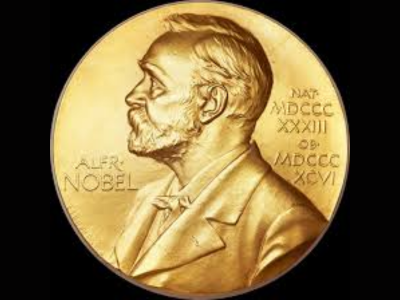
Credit:
The 2025 Nobel Prize in Physiology or Medicine has been awarded to American scientists Mary E. Brunkow and Fred Ramsdell, alongside Japanese immunologist Shimon Sakaguchi, for their pioneering discoveries on how the immune system maintains tolerance, preventing it from attacking the body's own tissues and averting autoimmune diseases.
The Nobel Assembly at Sweden's Karolinska Institute announced the laureates Monday, praising their work on regulatory T cells—specialized immune guards that suppress overzealous responses.
Sakaguchi first identified these cells in the late 1980s, while Brunkow and Ramsdell later pinpointed the genetic mutation causing a rare immunodeficiency syndrome that disrupts immune balance.
Their findings, spanning the 1990s, unlocked insights into conditions like type 1 diabetes, rheumatoid arthritis, and multiple sclerosis, affecting millions globally.
The trio's research has reshaped immunology, enabling therapies that harness T cells to dial down inflammation without weakening defenses against pathogens.
As autoimmune disorders rise—linked to modern lifestyles and genetics—their breakthroughs fuel drug development, from checkpoint inhibitors in cancer to targeted immunosuppressants, potentially transforming treatments for over 80 diseases.
Brunkow, a geneticist at the University of Washington, Ramsdell, a biotech veteran at Bristol Myers Squibb, and Sakaguchi, a professor at Osaka University, will split the 11 million Swedish kronor ($1 million) prize.
Sakaguchi hailed the recognition as a nod to collaborative science: "This work shows how basic discovery drives clinical hope." The award underscores the Nobel's focus on foundational biology, echoing past honors for immune milestones like the 2018 cancer therapy prize.
As the first Nobel of 2025, the medicine gong sets the tone for announcements through December, honoring efforts to unravel the body's intricate safeguards amid rising chronic ills. The laureates' legacy promises not just cures, but a deeper grasp of self versus foe in the immune arena.



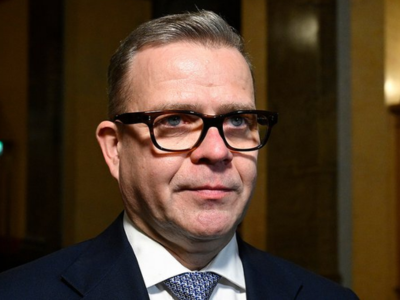


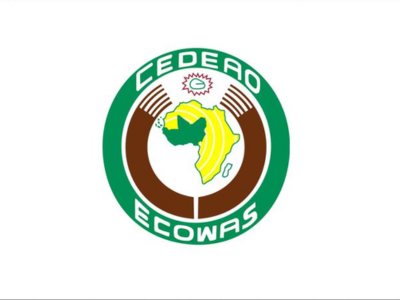
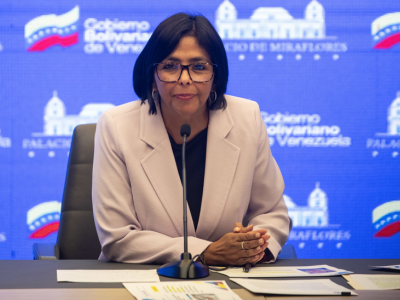

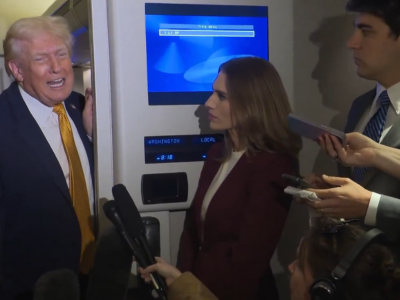
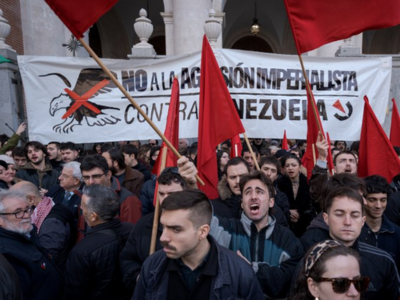


0 Comment(s)